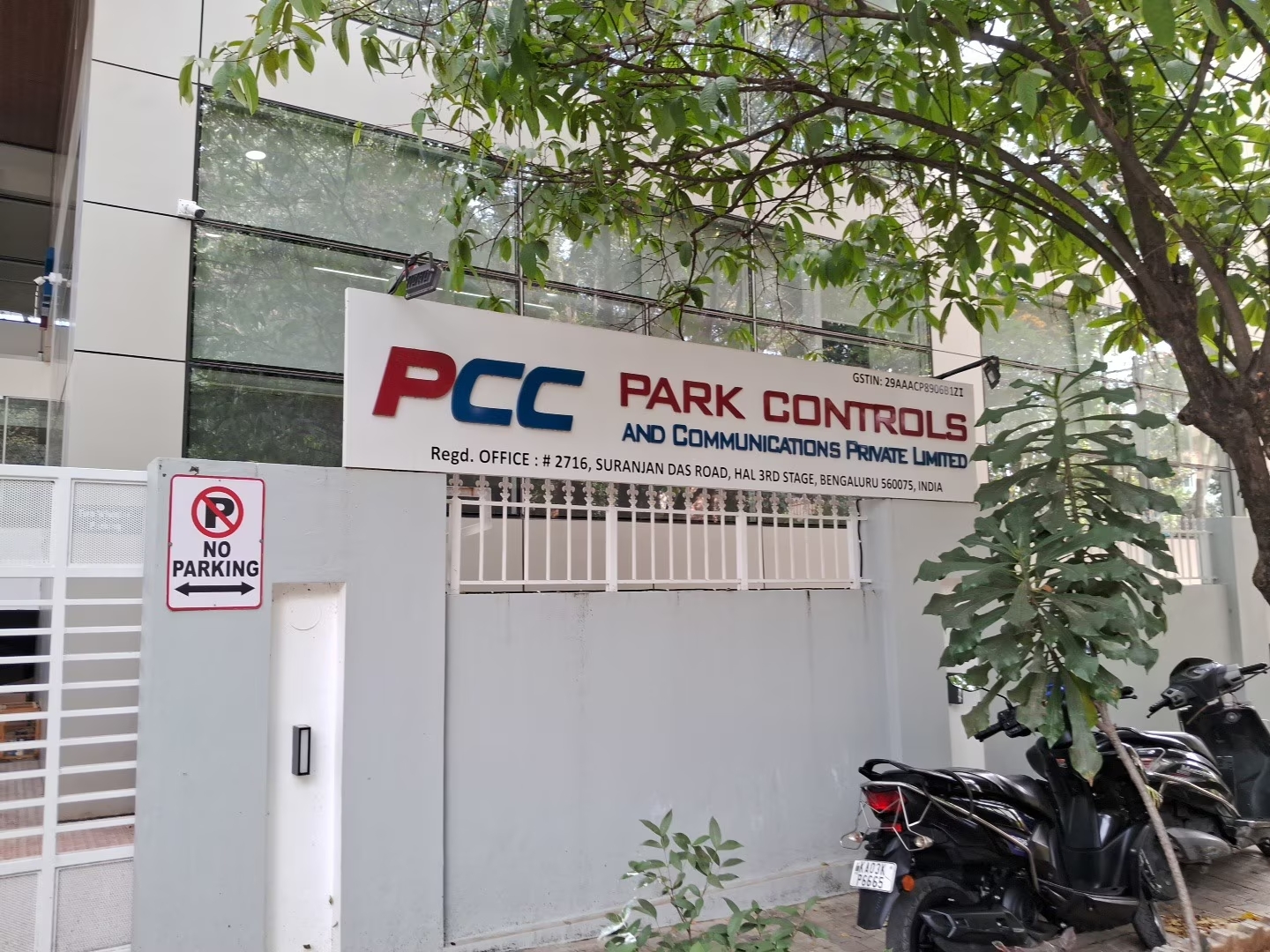Ukrainian intelligence community InformNapalm exposed a sanctions evasion scheme involving Russian and Indian companies that supplied critical equipment to Russia's military-industrial complex, according to an investigation published by the organization.
Russia has been evading Western sanctions by utilizing third countries, such as those in Central Asia and the Caucasus, to re-export prohibited goods, and by employing tactics like "parallel imports" and trading through intermediaries in regions like Türkiye and the UA.
Western countries imposed sanctions on Russia in response to its full-scale invasion of Ukraine in February 2022, aiming to condemn the aggression and disrupt Russia's economy.
The operation revealed that Russian company EMT, which was placed under US sanctions in October 2024, purchased restricted European equipment through Indian firm Park Controls & Communications (PCC).
Documents obtained by Ukrainian hacker group "256 Cyber Assault" showed that PCC deceived French manufacturer HGH Infrared Systems by claiming to be the end user of an IRCOL Collimator testing system, while actually redirecting the equipment to Russia.
The collimator, used for testing night vision devices and thermal imagers, was ordered by Russian company Zenit-Investprom, part of the Shvabe holding within Russian state corporation Rostec. The equipment was valued at 59 million Indian rupees (over $687 000), with payments processed through Sberbank India.
The Indian side reportedly was "fully aware" that the French supplier adheres to sanctions imposed on Russia. According to the investigation, PCC management deliberately committed fraud and declared itself the end user of the equipment.
When contacted by InformNapalm, HGH Infrared Systems confirmed it had taken action.
"We do not sell our products to Russia and require all third parties with whom we transact to adhere to this requirement," said a spokesperson for the French company. "On learning that a customer may be in breach of the terms of sale, we have terminated our relationship with the business given they could not provide evidence to the contrary."
According to intercepted communications, the operation effectively blocked the Russian procurement channel that EMT considered "very priority, convenient and reliable."
When the temporary license key for the equipment expired, Russian technicians were unable to complete setup. PCC and EMT then discussed sending the equipment back to India to deceive HGH representatives by pretending it never left India.
In a March 2025 letter, EMT officials expressed concern about potential damage to their relationship with PCC, describing the Indian firm as a "reliable supplier" that was fulfilling "several promising contracts for the needs of Russian defense enterprises."
The investigation documented the entire procurement chain, including shipping invoices showing the equipment transported from Bangalore to Moscow by Russian airline Volga-Dnepr.
Read also:
- EU preserves € 60 billion in frozen Russian assets with sanctions extension
- German optics firm circumvents sanctions to supply Russia through Turkish shell company – investigation
- Russia earned hundreds of billions of dollars from fuel sales in 2024 despite sanctions

